Next Door
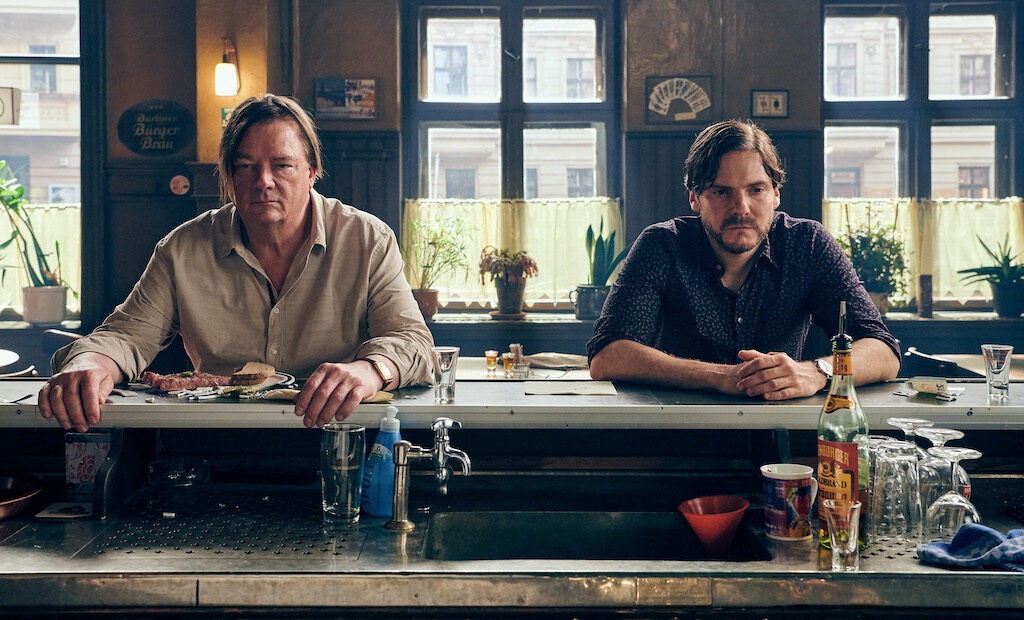
Daniel Brühl supposedly sends himself up in this sly and insinuating two-hander, which is part attempted self-satire, part festering thriller. Set mostly in a single bar, located in the slowly gentrifying East German district of Prenzlauer Berg, Nebenan depicts Daniel and Bruno as startling opposites: Brühl plays a presumably heightened version of his actorly self, and Peter Kurth his poker-faced nemesis. The film lacks the requisite molten contempt for its two hands but maintains useful tension between them. Kurth is particularly effective at articulating the formidable and lifelong sense of injustice that fuels Bruno’s burning animus, providing the dramatic foundation upon which events pivot.
Relying on a series of thematic dualisms, Brühl’s directorial debut pits together East and West Germany, the local and global, wealth and dispossession, isolation and community, and, probably most importantly, celebrity and inconsequence. These broad strokes manifest themselves in the main characterisations, which never quite break free of their wider social and cultural moorings. They’re written top-down, and the screenplay, penned by Daniel Kehlmann from Brühl’s original concept, isn’t sharp or reflexive enough to negotiate realities beyond the follies of either fame or drudgery. Daniel remains the star with a personality of placeless transience, anxiously preparing his audition for a secretive and big-budget superhero role; Bruno persists as the bitter rock sediment, encrusted at the bar, etched into Germany’s recently divided past.
The confined environment makes for acute contrasts in politics and lifestyle, which leave the air heavy and stifling. Brühl’s image selection is generally safe and unchallenging, although some of the dialogue is discomfortingly presented as if it were directly addressed to audience, in a theatrical nod to its chamber piece stylings. Daniel is almost the biographical imitation of Brühl (Bruno notes that his big break came in an internationally successful drama made almost 20 years ago). First shown in the pose of bourgeois vanity, with a perfect home and family, Daniel exercises on his rowing machine, performs a verbal self-exorcism in the shower, and frets over an acceptable shirt. His glass residence with private elevator is an incongruous blight for his neighbours, his extended phone use and demonstrative earpiece indicative of his status as a wandering effete.
But the state-of-the-nation commentary is mostly leaden and pointed. The film works best through Daniel’s faux humility and Bruno’s vulnerability, on the unappealing details of ham in aspic, and within the uncanny forcefield that returns Daniel time and again to the drinking hole, populated by figures who appear nearer to demons than flesh. Bruno is certainly the devil himself, whose eternal agony seemingly amounts to hearing someone else’s laughter. Daniel, tortured and in increasing despair, no longer sees the funny side – his unrooted fantasy is set to be extinguished. And as the wry mid-credits scene suggests, the joke is in fact circular, and it’ll soon come round again.
Joseph Owen
Next Door is released in select cinemas on 1st October 2021.
Watch the trailer for Next Door here:

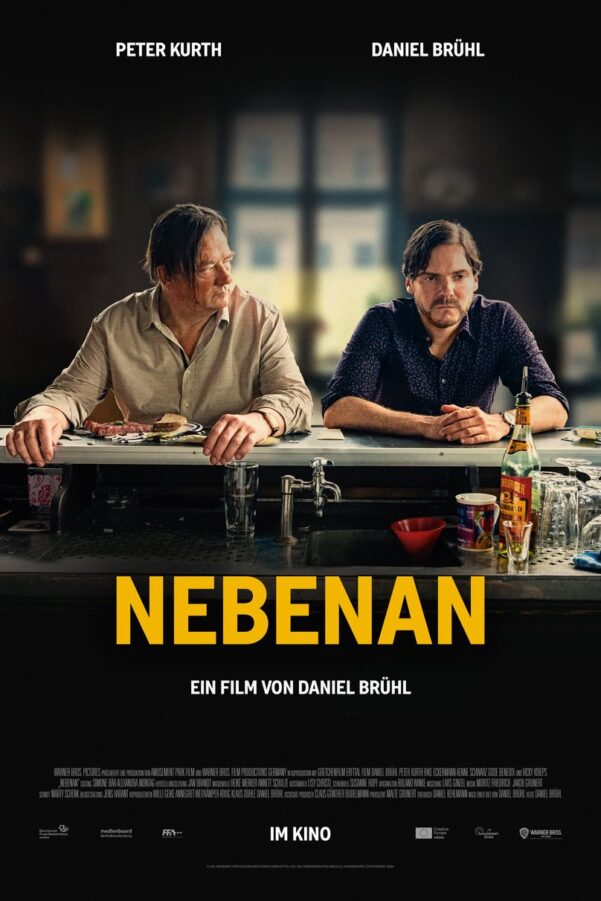



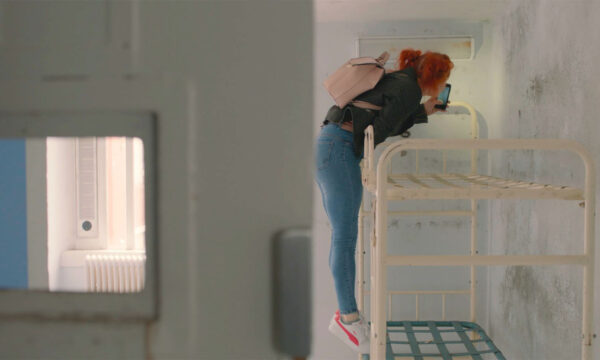
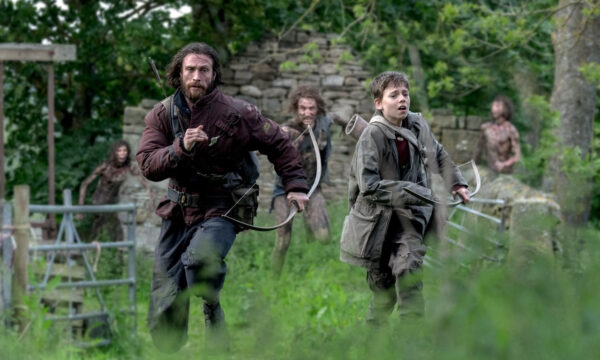


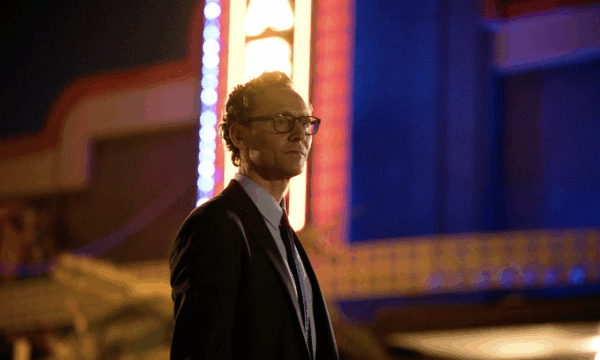
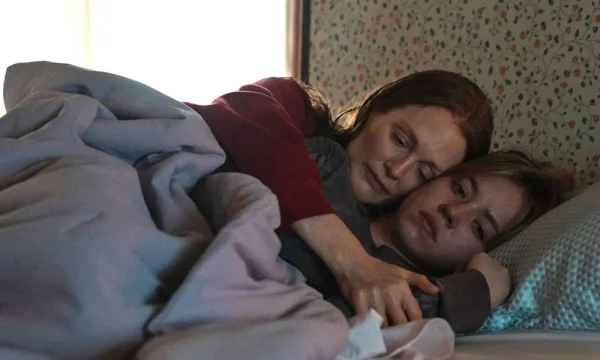















Facebook
Twitter
Instagram
YouTube
RSS